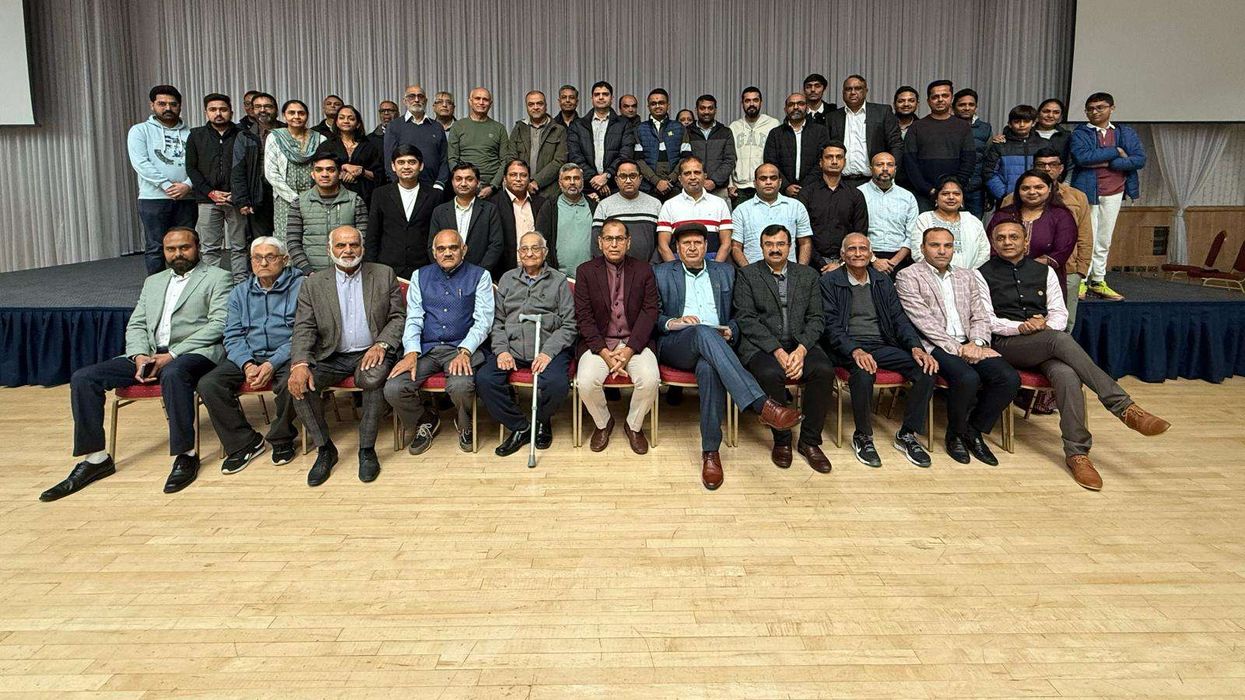FACEBOOK's oversight board has launched an investigation into posts calling immigrants “scum” that emerged during the recent UK riots, the Telegraph reported.
The review will examine three specific posts that initially escaped the platform's content moderation systems, including messages calling for violence against immigrants and Muslims during the unrest that followed a tragic incident in Southport.
One particularly inflammatory post called for attacking mosques and torching buildings where "scum are living", while others featured artificially generated images depicting aggressive confrontations between ethnic groups.
The investigation comes in the wake of riots that erupted after a violent incident at a Taylor Swift-themed dance class, which resulted in three fatalities. The subsequent unrest saw attacks on Muslim businesses and hotels housing asylum seekers.
More than 1,500 people were arrested, with prosecutors bringing over 1,000 charges as the authorities took tough action to curb the disorder.
Axel Rudakubana, 18, is charged with killing the girls aged between six and nine as well as 10 other counts of attempted murder. He is also facing charges of producing the deadly poison ricin and the possession of an al Qaeda training manual. He is due to go on trial next month.
The oversight board of Facebook, which includes former Guardian editor Alan Rusbridger, will explore the platform's crisis response and the role social media played in spreading misinformation and potentially organising violent protests.
Law enforcement has already taken significant action, with dozens of arrests made for racist online posts. In one notable case, a woman received a 15-month prison sentence for urging people to "blow up the mosques". Authorities have also pursued legal proceedings related to the initial incident.
Facebook has defended its response, with a company spokesman stating they "activated our crisis policy protocol" and deployed dedicated teams to remove violating content and engage with local authorities.
The investigation highlights growing concerns about social media's impact on community tensions. Chi Owurah, chair of the Science, Innovation and Technology Committee, previously warned about the "dangerous real-world impact of spreading misinformation and disinformation".
The scrutiny extends beyond Facebook, with MPs attempting to summon Elon Musk to account for X's role in spreading disinformation. Musk faced criticism for a post suggesting "civil war is inevitable" in the UK, which was viewed by his 200 million followers.
While the oversight board can offer recommendations to Meta, the parent company of Facebook, these are not legally binding. However, the investigation represents a significant step in addressing the platform's potential contribution to social unrest.
According to reports, the tech industry faces mounting pressure to develop more robust mechanisms for preventing the spread of content that could incite violence or hatred.
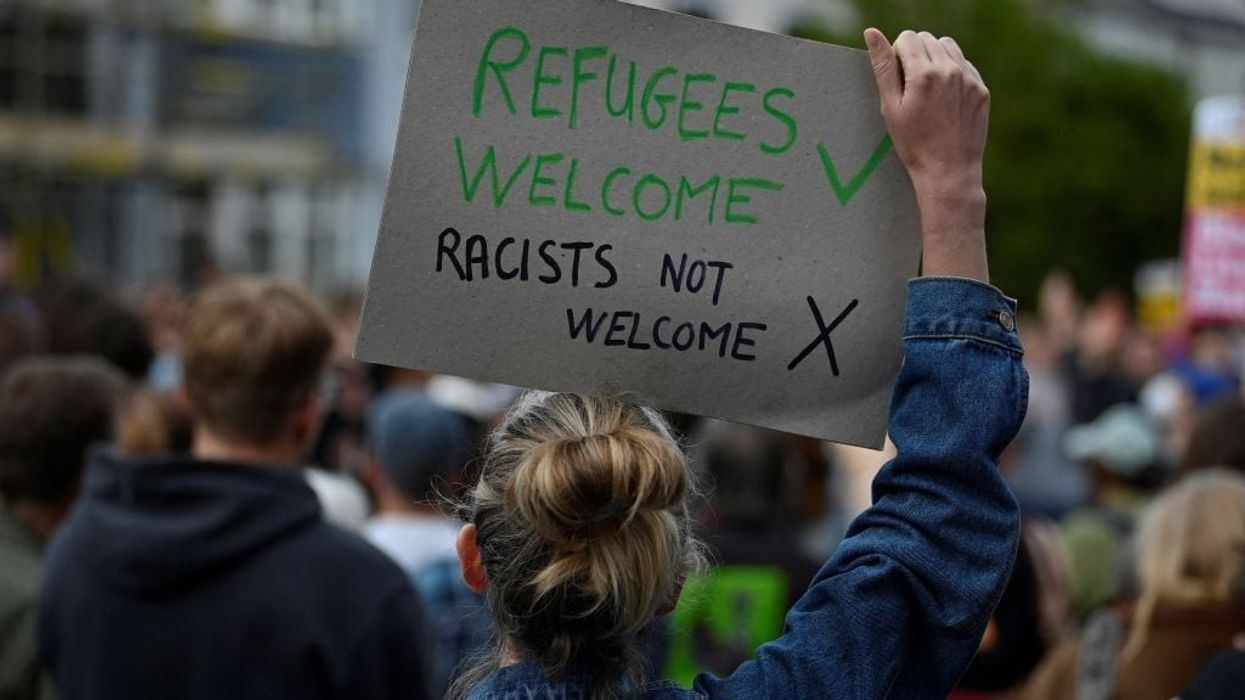

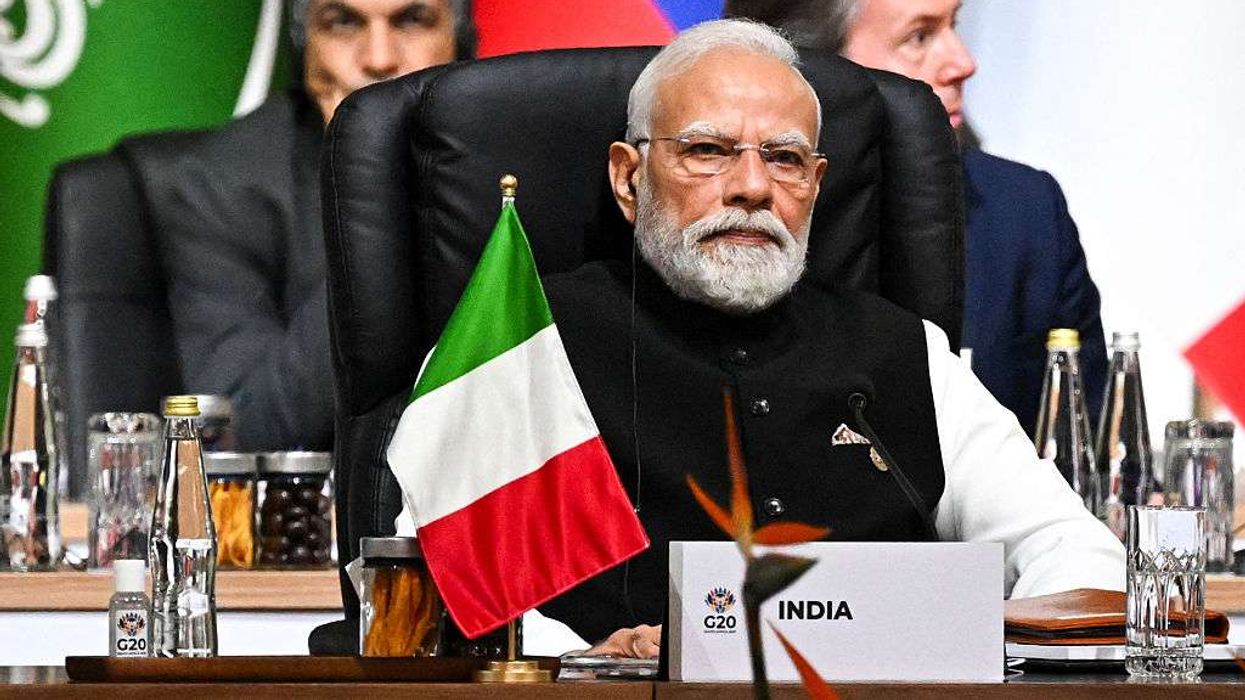
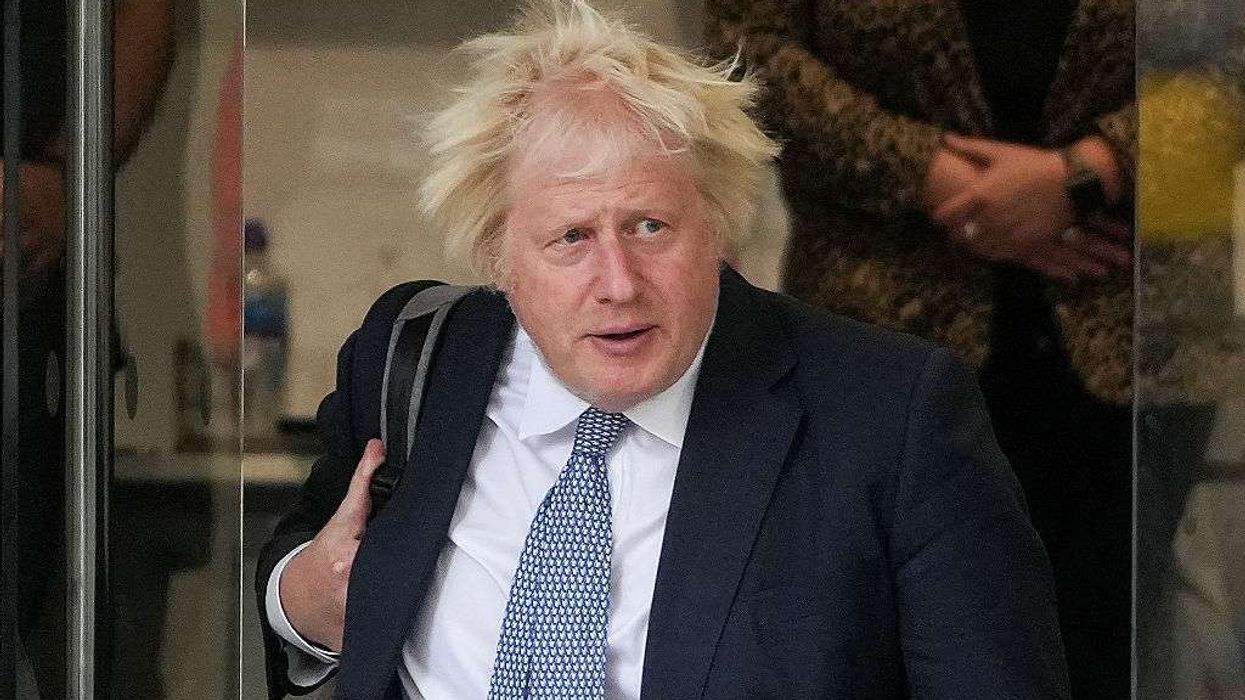
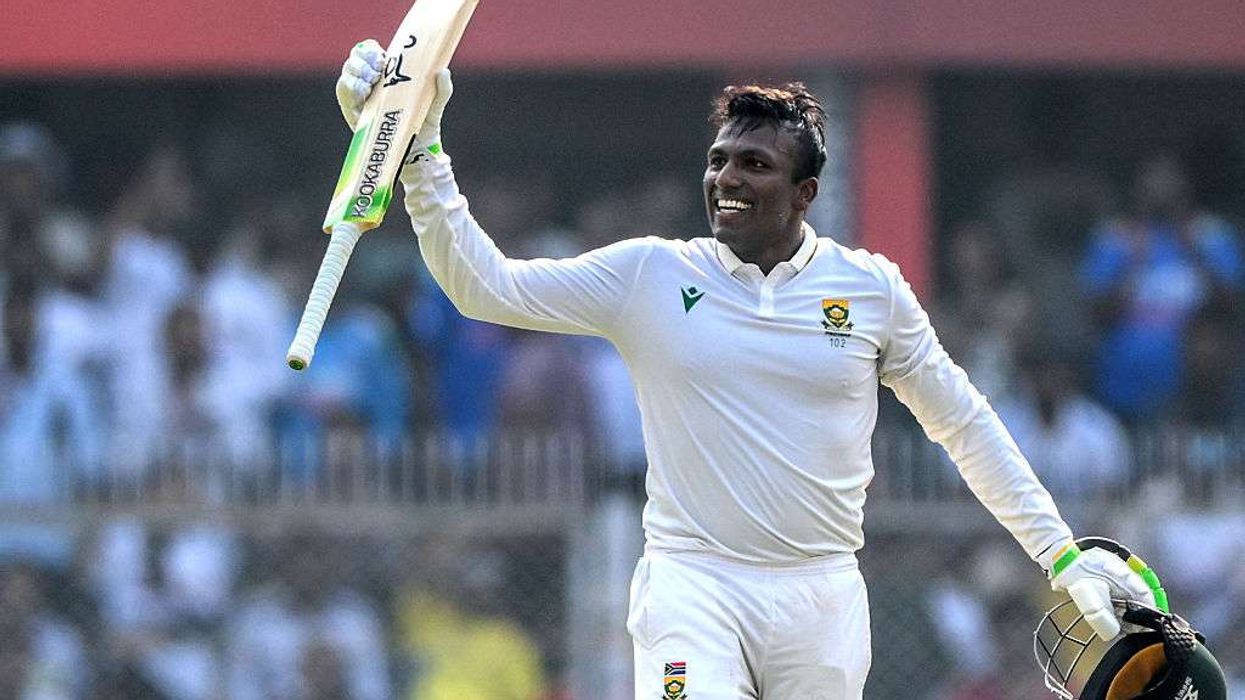
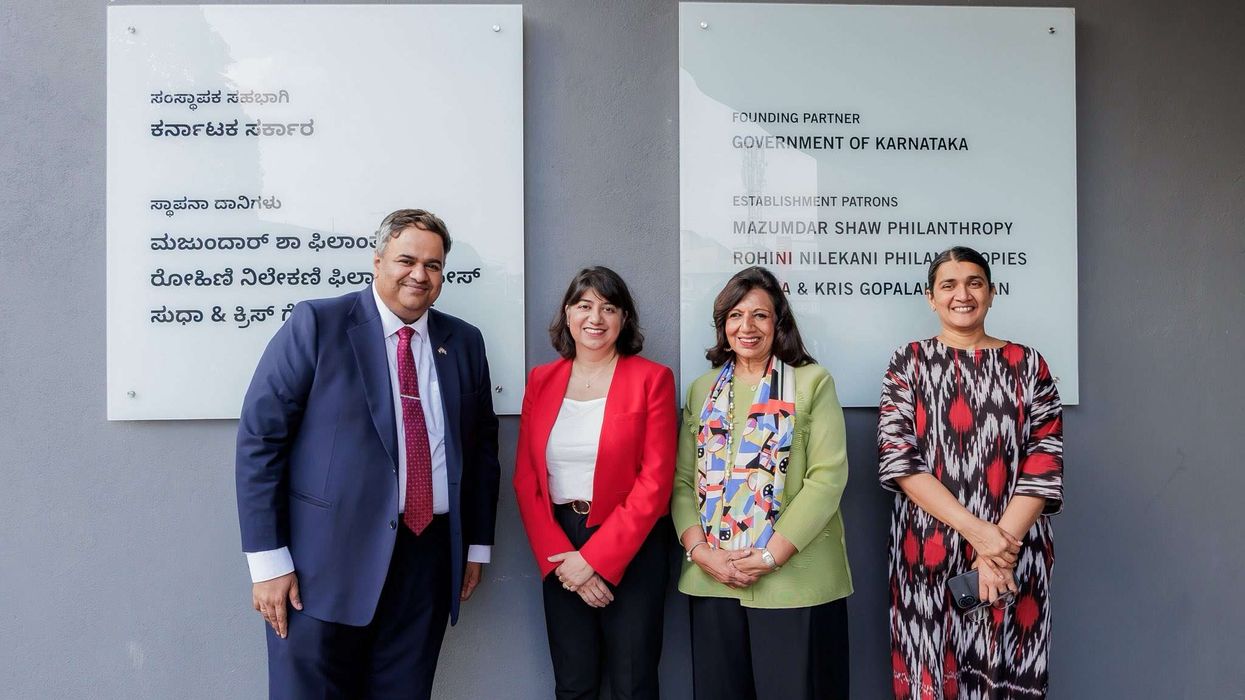

 Bollywood On Screen Kiss Evolution Bollywood On Screen Kiss Evolution
Bollywood On Screen Kiss Evolution Bollywood On Screen Kiss Evolution  Karma
Karma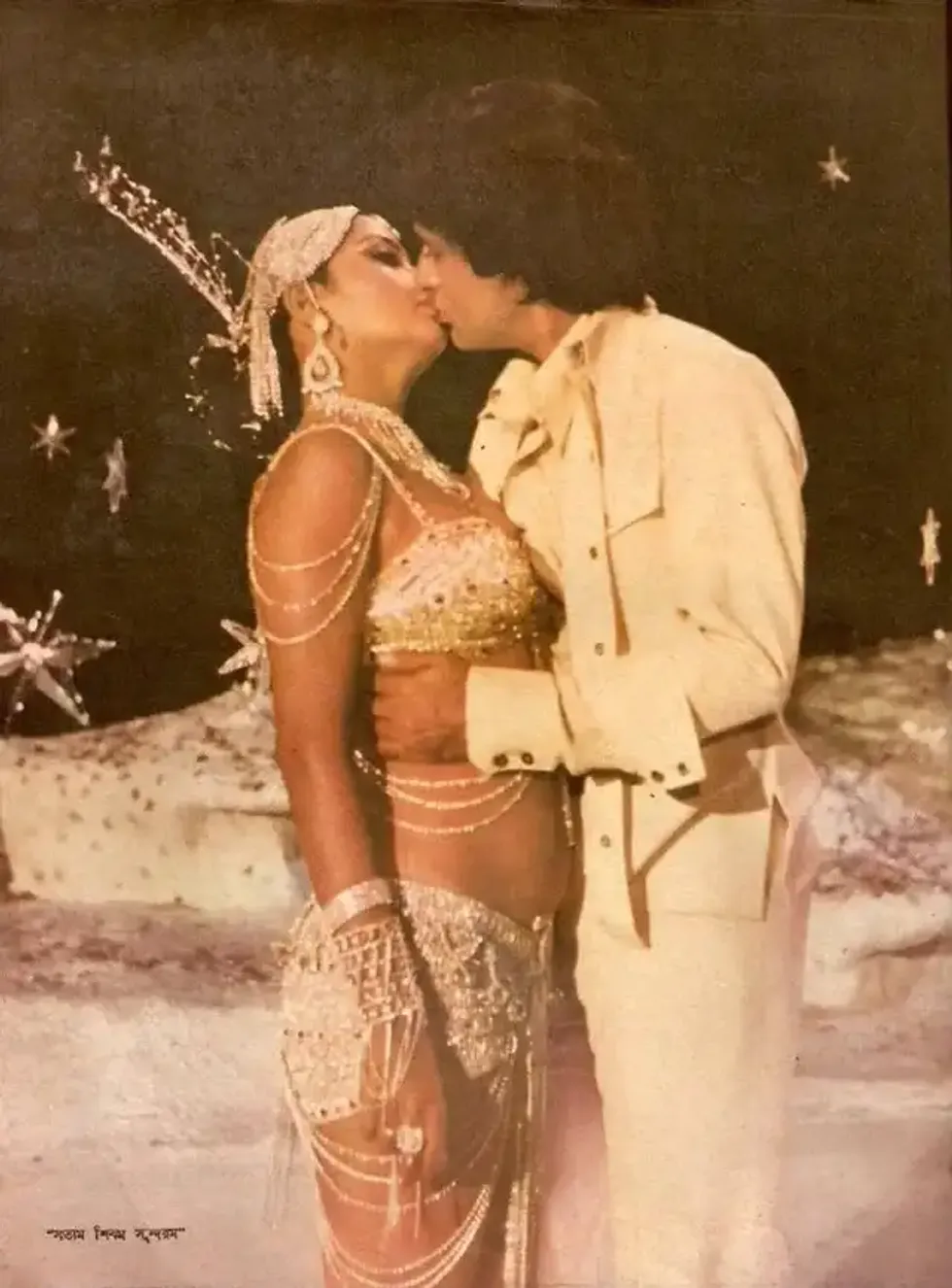 Satyam Shivam Sundaram
Satyam Shivam Sundaram  Raja Hindustani
Raja Hindustani  Murder
Murder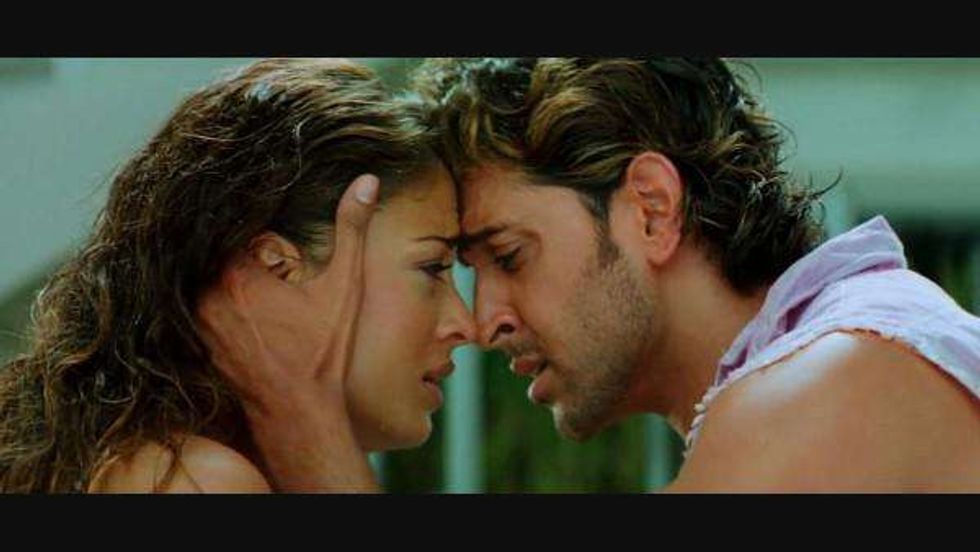 Dhoom 2
Dhoom 2  Jab Tak Hai Jaan
Jab Tak Hai Jaan Bombay Talkies
Bombay Talkies Yeh Jawaani Hai Deewani
Yeh Jawaani Hai Deewani






